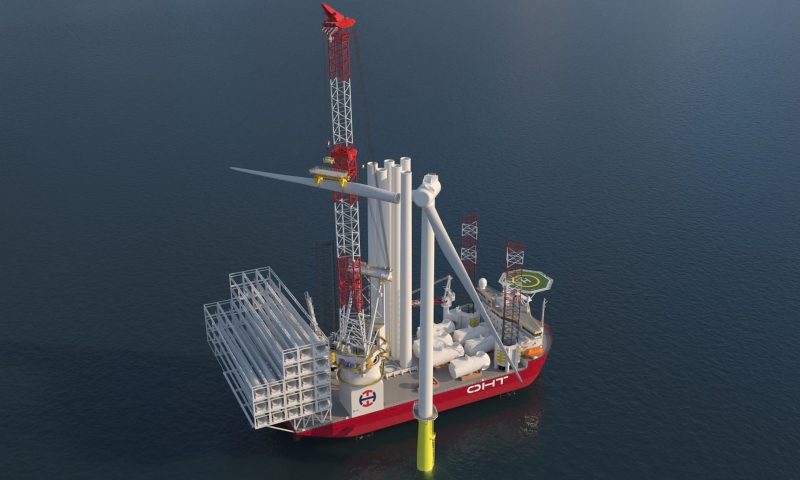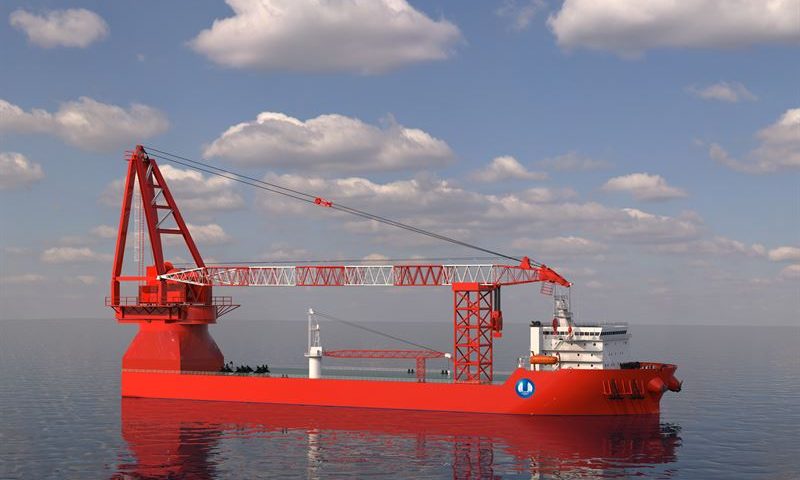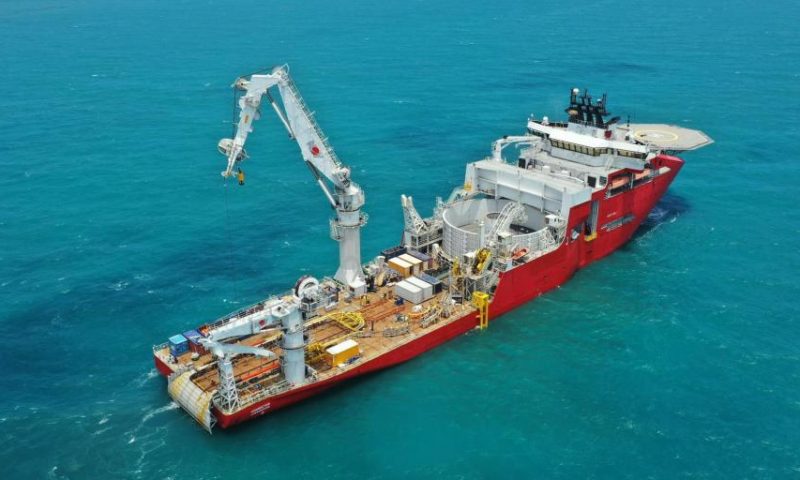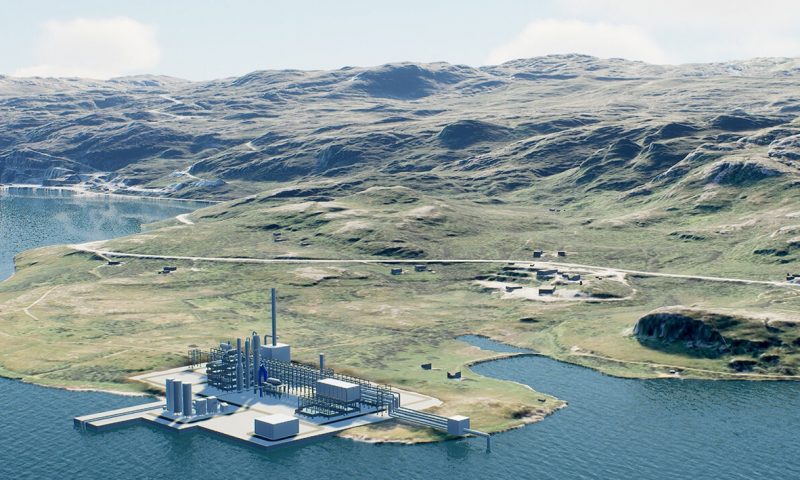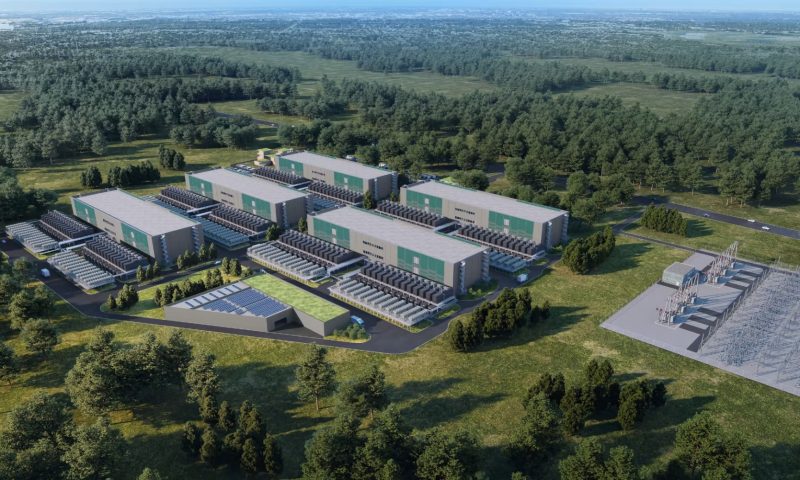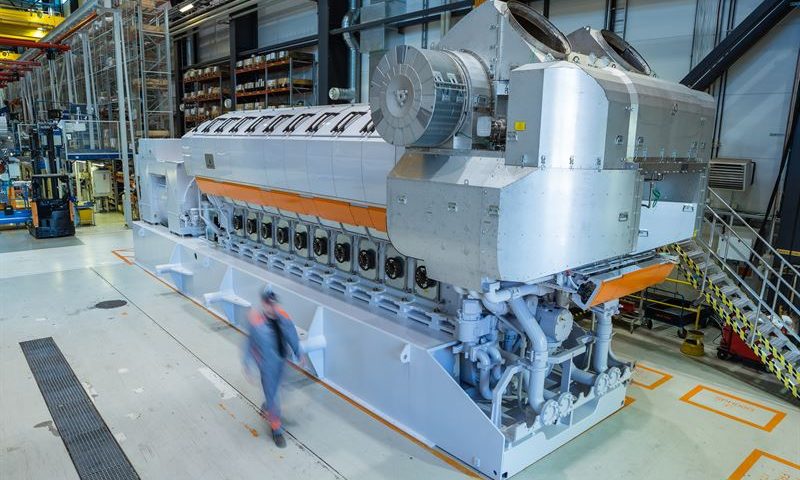
Wärtsilä Signs a Flexible Power Plant Deal and Maintenance Agreement in Germany
The technology group Wärtsilä, together with a German consortium partner, has been awarded the EPC (Engineering, Procurement and Construction) contract for an engine plant to be built for a power plant operator in Germany. The order was placed in December 2019, with Wärtsilä’s share at about 45% of the complete award.
The plant will operate on nine Wärtsilä 31SG engines running on natural gas fuel. When operational in mid-2022, the new plant will support the energy transition in Germany with highly flexible solutions.
Pekka Tolonen, Wärtsilä Energy Business Director, Europe commented: “High efficiency and operational flexibility are essential to meet the needs of the rapidly developing energy market, and these requirements are completely fulfilled by the Wärtsilä 31SG engine. Together with our consortium partner, we are delivering a modern, reliable, and very high quality solution.”
In addition to the engines, Wärtsilä has also signed a maintenance agreement, with an option to extend this for a further period. The Wärtsilä Guaranteed asset performance solution includes full maintenance of the plant, performance guarantees, and training on the new generating sets for existing personnel. For ensuring the plant performance, the maintenance services provided by Wärtsilä will be supported by the company’s digital technologies such as asset diagnostics and remote monitoring and analysis.
The Wärtsilä 31SG is the first of a new generation of pure gas medium speed engines, designed to set a new benchmark in efficiency and overall emissions performance. The development of this engine is a direct result of Wärtsilä’s on-going commitment to reduce the greenhouse gas emissions of its gas engines by 15% by the end of 2020 (from 2015 levels).
The Wärtsilä 31SG features the best fuel economy of any engine in its class. At the same time, it maintains outstanding performance across the complete operating range. Its modular design enables a significant reduction in maintenance time and costs, thereby improving power availability and reducing the need for spare parts.





